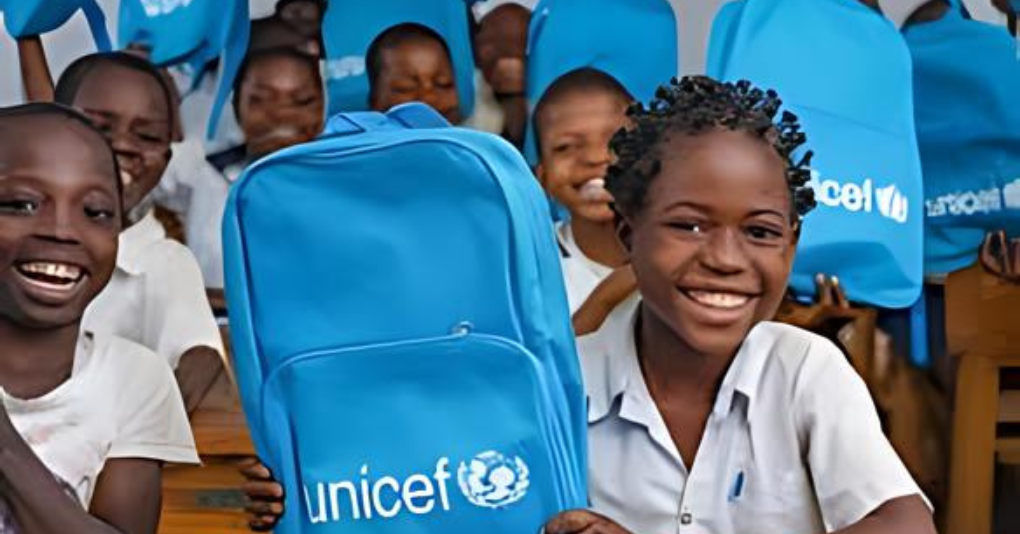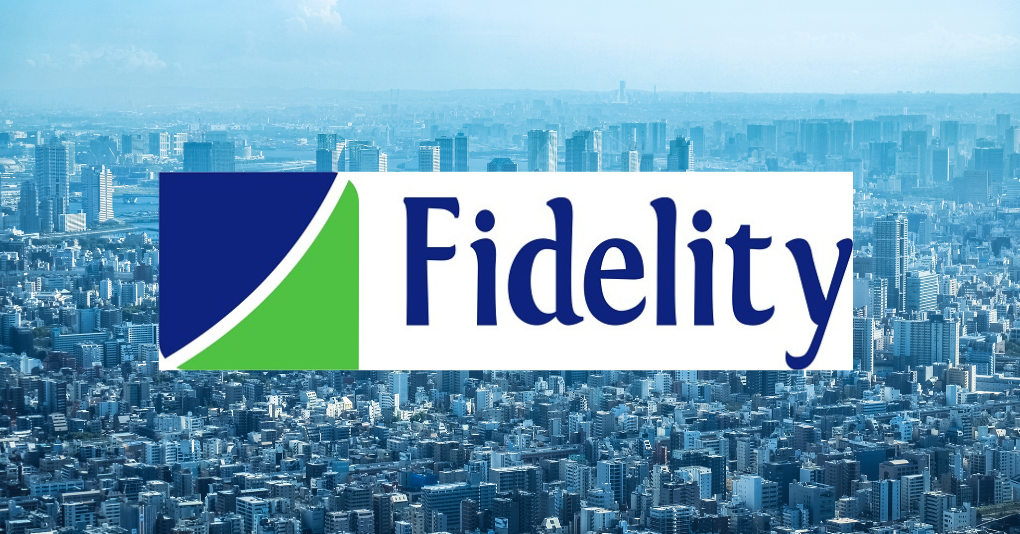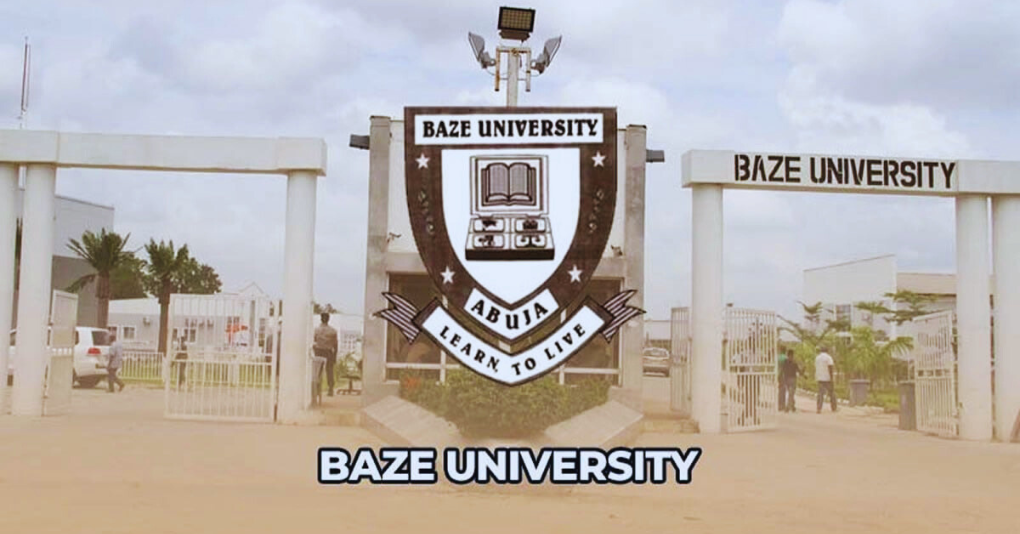Kano state government has begun direct cash transfers of N20,000 to N70,000 to schools in the state as part of efforts to encourage girl-child education and discourage the syndrome of out-of-school children.
The state Commissioner of Information and Internal Affairs, Comrade Ibrahim Abdullahi Waiya, who stated also revealed that to encourage school enrolment and support vulnerable families, the state government has launched a ₦50,000 monthly family support programme aimed at empowering families to prioritize their children’s education and well-being.
Waiya spoke during a two-day capacity-building workshop for students of Bayero University, Kano (BUK), on Social and Behavioral Change for Child Survival and Development, organized by the Kano State Ministry of Information and Internal Affairs in collaboration with the United Nations Children’s Fund (UNICEF), held at BUK.
He noted that, “”as part of efforts to enhance girl-child education, the Governor Abba Kabir Yusuf administration has disbursed direct cash transfers ranging from ₦20,000 to ₦70,000 to schoolgirls, ensuring that financial constraints do not hinder their education.
“Additionally, all previously closed girls’ boarding schools have been reopened and are now fully operational, providing a conducive learning environment for young girls in the state.”
The Commissioner further stated that the government has procured and renovated school buses for girls to ease their transportation challenges and make education more accessible.
He further hinted that over 700,000 primary school children have received free school uniforms, reinforcing the government’s commitment to education as a fundamental right for all.
“Recognizing the plight of vulnerable children, the government has taken concrete steps to address the menace of child street begging and wandering.
A high-powered committee has been established to tackle this challenge, and as a result, 270 children are now under full government care, receiving rehabilitation and formal education—both Western and Islamic—to secure their future,” he added.
Waiya added that, “to further support vulnerable families and encourage school enrollment, the state government has launched a ₦50,000 monthly family support programme, aimed at empowering families to prioritize their children’s education and well-being.
“This workshop comes at a crucial time when we must acknowledge that the survival and healthy development of our children are not just moral imperatives but essential to the future of our state and nation.
“The Kano State Government remains committed to improving healthcare access, promoting healthy practices, and addressing welfare challenges.”
He emphasized that Social and Behavior Change (SBC) is a transformative strategy that extends beyond individual actions to foster community-wide shifts in norms and practices, ensuring that child survival and development become a shared responsibility.
The Commissioner urged stakeholders, including policymakers, educators, health professionals, and community leaders, to leverage the insights gained from the workshop to drive meaningful behavioral and social change that will benefit Kano’s children now and in the future.
In his remarks, the UNICEF Chief of Kano Field Office, Rahama Rihood Mohammed, said UNICEF was established by the United Nations to advocate for the protection of children’s rights.
He stated that UNICEF’s key functions in Nigeria include providing education, healthcare, and nutrition services, protecting children, and responding to emergencies.
Also speaking, the Dean of Student Affairs, Bayero University, Kano, Professor Shamsuddeen Umar, thanked the organizers for choosing the university to host the capacity-building workshop. He urged students to remain attentive and committed to acquiring knowledge that would be beneficial to their academic and professional growth.
Share this post





Be the first to comment on this post